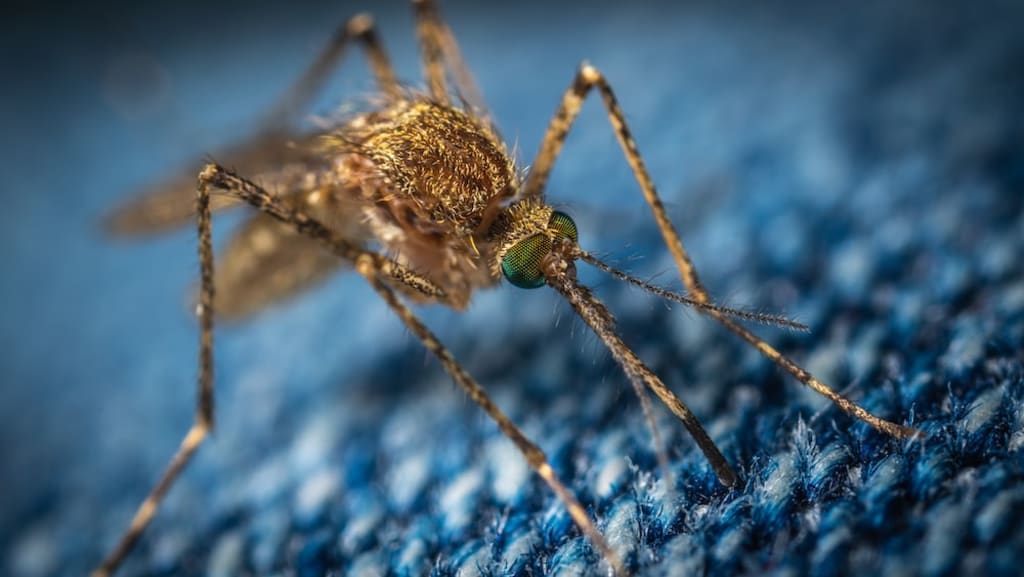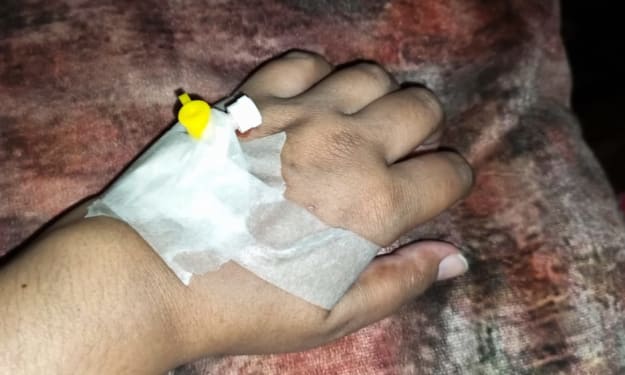How to Safeguard Yourself Against Mosquitoes & Malaria, Backed by Scientific Insights
Unveiling the Science of Mosquito Protection: Expert Insights and Effective Strategies

Understanding what makes certain individuals more attractive to mosquitoes isn't a straightforward task, according to experts. Throughout human history, mosquitoes have persistently buzzed around, seeking a blood meal. Dr. Conor McMeniman, an assistant professor of molecular microbiology and immunology at the Johns Hopkins Bloomberg School of Public Health and Johns Hopkins Malaria Research Institute, describes it as an ongoing war against mosquitoes.
Unfortunately, this war often leads to casualties, as mosquitoes are responsible for more human deaths than any other animal due to their ability to transmit diseases such as malaria, dengue fever, and West Nile virus. Even in the absence of these diseases, mosquitoes remain a nuisance. To better understand how mosquitoes target humans, what attracts them, and how to repel them effectively, let's delve into the science behind it.
The Mechanism of Mosquito Bites
Typically, mosquitoes feed on plant nectar and juices, even contributing to flower pollination. However, when female mosquitoes require extra protein to produce eggs, they obtain it by consuming blood. Dr. McMeniman explains that when a mosquito bites, it pierces the skin and probes for a blood vessel. Once found, the mosquito rapidly sucks up red blood cells and plasma, aided by a saliva cocktail that acts as painkillers and anticoagulants to prevent clotting.
The subsequent itchiness and discomfort arise from our body's inflammatory response to these chemicals, which only becomes apparent after the mosquito has departed. Interestingly, individual reactions to mosquito bites can vary significantly, with some people barely affected while others endure multiple large welts. Dr. McMeniman highlights that one's perceived attractiveness to mosquitoes may not necessarily align with their actual appeal to the insects, as personal reactions and itching play a role.
Factors Influencing Mosquito Attraction
Dr. McMeniman's recent study published in the journal Current Biology reveals that certain individuals are indeed more enticing to mosquitoes, yet pinpointing the exact reasons behind this phenomenon remains complex. Mosquitoes exhibit varied responses to the chemical composition of body odors emitted by different individuals. Factors such as diet, genetics, physiology, and the microbiome on our skin can all potentially influence the molecules released by the human body and affect its scent.
While it would be desirable to replicate the odor profile of those whom mosquitoes tend to avoid and create a body spray, this remains unrealistic for now. Researchers are still unraveling the chemistry behind mosquito attraction. Though the specific scents that lure mosquitoes are still under investigation, a general pattern emerges: mosquitoes rely on their olfactory senses to detect our presence, followed by visual cues, and finally, thermal signals emitted by our skin when they draw close.
One crucial scent that attracts mosquitoes from a distance is carbon dioxide (CO₂), which we exhale during breathing. Dr. Kristen Healy, an associate professor of entomology at Louisiana State University, confirms that most mosquitoes are universally attracted to CO₂. Additionally, body heat and sweat seem to play a role in their detection. Dr. Healy, drawing from personal experiences, notes that physical activity and perspiration intensify mosquito attraction due to the extra odors emitted.
Potential Preventive Measures
Given the intricate nature and unresolved mysteries surrounding mosquito attraction, numerous devices and sprays claim to repel these insects. However, experts like Dr. Healy caution against relying on unverified gadgets such as ultrasonic mosquito repellent devices, which lack scientific backing. Products that spray insect repellent over a broader area can be effective but bear in mind that they contain insecticides, and prolonged exposure should be avoided.
Instead, Dr. Healy and Dr. McMeniman advocate for tried-and-true methods. During summer, it is crucial to cover
About the Creator
Enjoyed the story? Support the Creator.
Subscribe for free to receive all their stories in your feed. You could also pledge your support or give them a one-off tip, letting them know you appreciate their work.





Comments
There are no comments for this story
Be the first to respond and start the conversation.